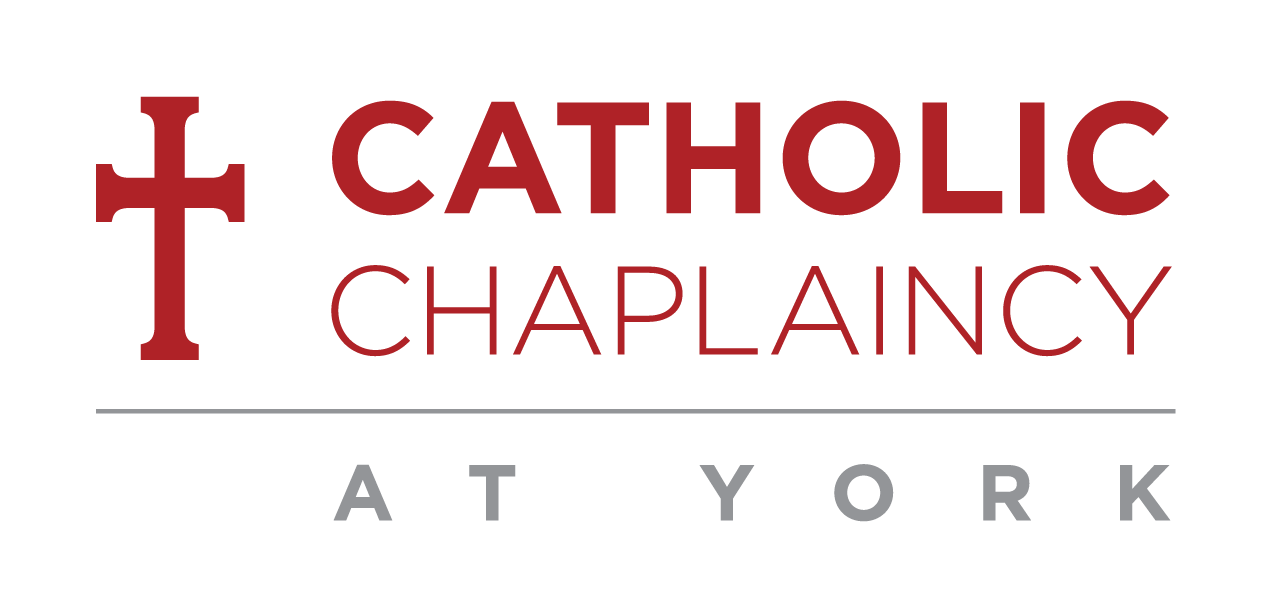What is Adoration?
What is Adoration & where did it come from?
At the end of his Gospel account Luke records a story of Jesus on the Road to Emmaus (Luke 24). Jesus decided to have a Bible study with two of his Disciples (who were unaware of who they were walking with). After the Bible study was done Jesus decided to “break bread” with them so that he could reveal himself in a fresh way. During the breaking of the bread Jesus gave the bread to the two Disciples. As they received the bread from his hands they noticed who they were sitting with but then…he disappeared from their sight. Jesus’ last act was to leave them with his presence in bread form.
Immediately the two Disciples looked at each other and commented that during the Bible study their hearts had been burning. It was their resurrected Lord and Master himself. In place of his personal presence Jesus gave his presence in the form of broken bread.
Like in this gospel account, adoration is where Catholics recognize, adore and worship the person of Jesus Christ as God in the Eucharist, the broken bread.
A week or so prior to the Emmaus Road incident Jesus was had broken bread with his 12 Disciples and said, “this is my body, broken for you.” A few hours later he was betrayed he went to Mount of Olives with them. But before he was betrayed he asked them “could you not spend one hour with me?” (Matt 26)
Whether it is 1 minute or 1 hour, the time we spend in adoration is a time when we can listen to Jesus with all our heart, mind, soul and strength. It is a powerful time of spiritual communion with our Lord, and we try to enter into his life, death and resurrection more deeply by spending time with him, asking for the graces we need for our everyday lives, for our families and our friends. Sometimes just slowing down and making ourselves ready makes our “hearts burn” as on the Road to Emmaus.
What do I do during adoration?
Many times we overthink our time of adoration, but adoration is simply a time to spend with Jesus Christ. Simply spending time with him is always a life-changing experience.
St. Mother Theresa used to do adoration daily with the nuns from the Missionaries of Charity. She believed her time in adoration was essential to their active mission to the poorest of the poor all around the world. St. John Vianney recounts a story about one of his parishioners who would spend hours in front of the Blessed Sacrament in adoration. Amazed by this, he asked the man "What do you do in adoration?" and the man replied "I look at Him and He looks at me."
It can be helpful to reflect on our lives during adoration, calling to mind the times in which we have failed to follow Christ, seeking his forgiveness and receiving strength to renew our call to conversion, and call to mind what we are thankful for, so that we can express gratitude. Many people also love to read Sacred Scripture or the writings of the Saints during their time in adoration and reflect on those words in the presence of the Eucharistic Christ. CCY has a bookshelf by the Priests office where some devotional literature is also available.
Adoration is a place where we reverently worship Our Lord, so we avoid eating, drinking (besides water), listening to music out loud or a podcast, talking, or laying down on the aisles so as to respect others and keep the prayerful and silent atmosphere of the chapel. Although you are praying privately and intimately with our Lord, our faith is communal and you are also in a communal space.
Do I need to bring anything to adoration?
Some find it helpful to bring a journal, a Bible, a Rosary, or another tool to help them pray during adoration. However, nothing is required other than yourself. Jesus Christ loves us as we are, so it is not necessary to have an "agenda" during our time of adoration, but it is necessary that we allow our hearts to give and receive this divine love. While it is good to bring helpful items, it's important to not pile on things to do and read and forget about the One who is present on the altar.

